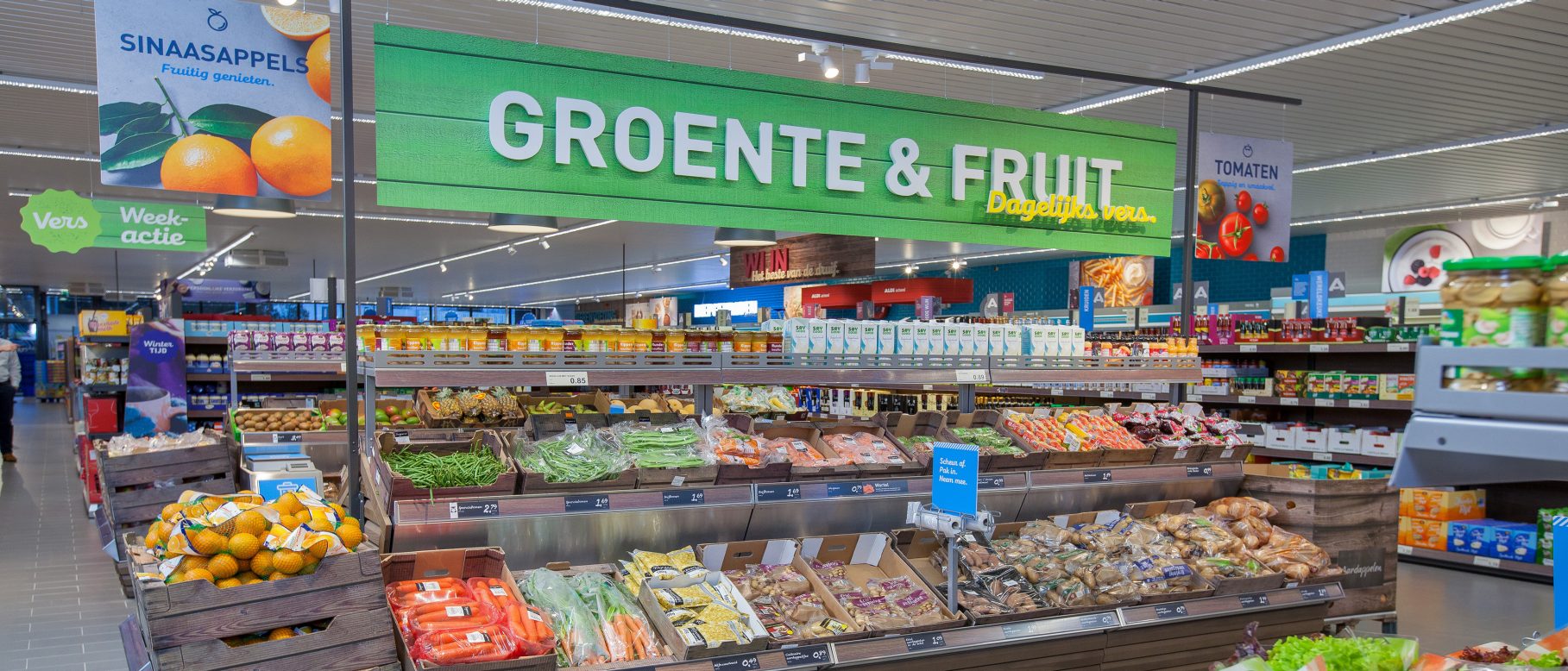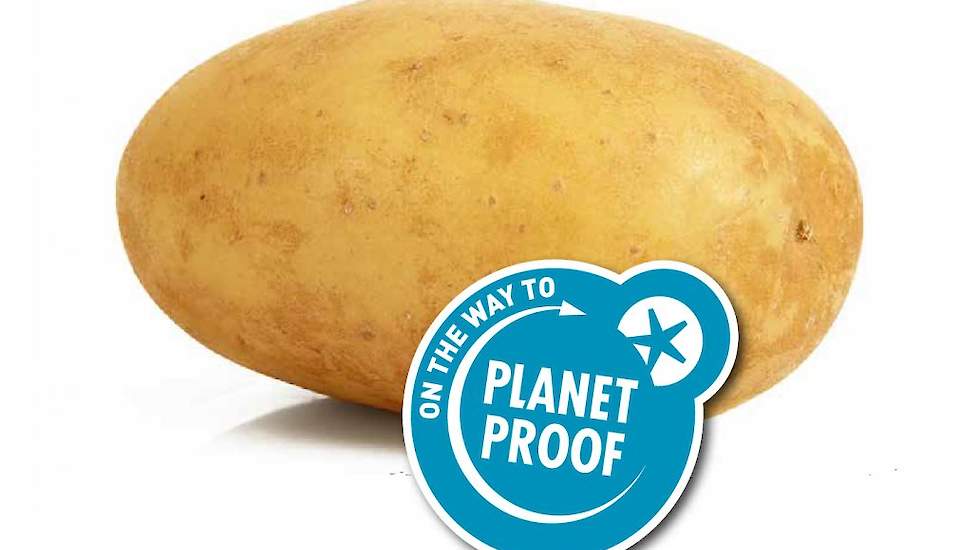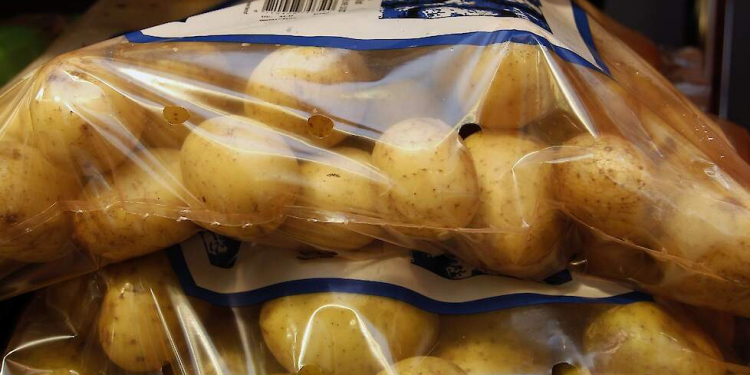During the corona crisis, the PlanetProof quality mark proves its worth. Agrico claims this on the basis of its own experiences in recent months. Without this quality mark, the supermarkets would have been inundated with cheap industrial potatoes, according to Agrico. Agrico has decided not to market seedlings that score very badly on susceptibility to Y virus.

In 2019, 80 percent of Agrico’s table potatoes fell under the PlanetProof quality mark. Growers are regularly critical of the usefulness of PlanetProof. But this year the quality mark proved its worth. “If it wasn’t for PlanetProof, the supermarkets would have been inundated with cheap industrial potatoes during the Corona period. PlanetProof was therefore a very valuable insurance premium for our growers this year, ”commercial manager Wieger Van der Werff notes in the Agrico annual report.
Resistance Y virus
Cross-breeding more Phytophthora resistance remained high on Agrico’s agenda in the 2019-2020 financial year. This also applies to the search for AM-resistant varieties and varieties with a good shelf life. Agrico also decided to pay more attention to resistance to Y virus. In 2018 and 2019, an extremely large amount of Y virus was found in the follow-up by the NAK. Issues such as warmer summers, economies of scale and fewer opportunities to use resources are seen as possible causes. On this basis, Agrico has decided in its breeding work to no longer market seedlings that score very badly on susceptibility to Y virus. She says she is aiming for varieties with a stable high level of resistance to Y virus.
Increasing virus infections
The year 2019 was characterized by an above-average percentage of reduction and rejection based on virus. “We are concerned that the number of virus infections has been rising for four years, with 2019 taking the cake with 25.1 percent in class decreases,” says operational manager Mark Zuidhof in the Agrico annual report. He attributes this to the warm summers and the increasingly strict drug policy in the Netherlands, which is causing increasing pressure on noise. Agrico believes that it is still doing well in terms of class reduction. Nationally, 39.9 percent of all seed potato acreage was reduced or rejected as a result of virus, bacteria, mosaic or primary mosaic. At Agrico, the reduced or rejected percentage was 35 percent. Zuidhof: “This is mainly because we have a number of less virus-sensitive varieties in our range.”
Market situation for seed potatoes

Total Dutch export of seed potatoes amounted to 758,000 tons in 2019. In 2018 this was 711,000 tons. Agrico saw its market share in the export of Dutch seed potatoes increase by two full percentage points in 2019. The fact that the payout price did not reach the level of 2018 was mainly due to the wide range of seed potatoes. There was about 50,000 tons too much. Van der Werff: “If it had not been for corona, we would undoubtedly have been able to sell some of that seed potato in the repeat orders. For example, the industry in Belgium bought 20,000 tonnes of seed potatoes less from the Netherlands. Another difference with 2018 was that the 30 percent oversized potatoes had to be sold on an already overcrowded consumer market. While in 2018 a lot of oversize could be sold as seed potatoes due to shortages and thus yielded four or five times the yield. ‘








